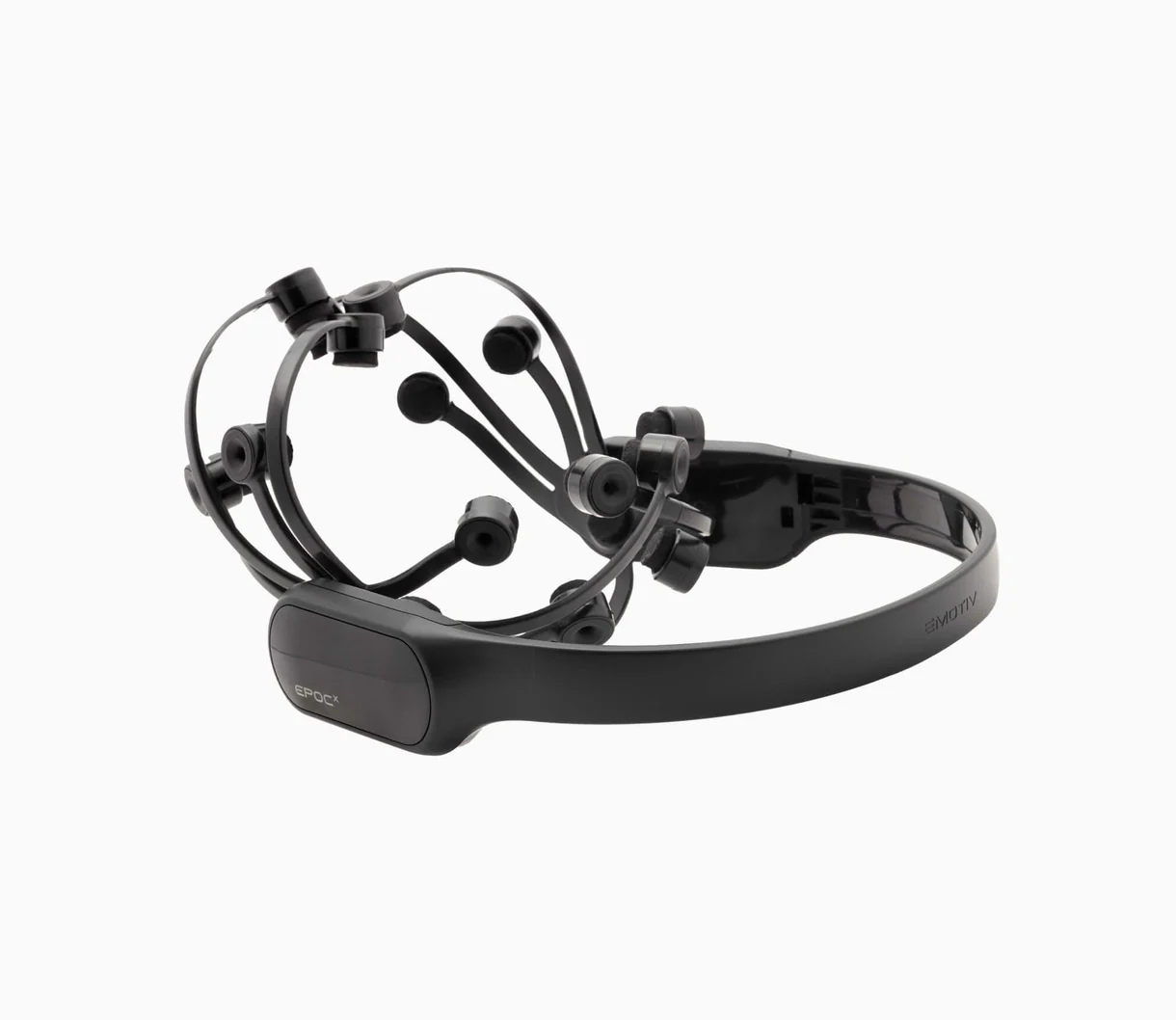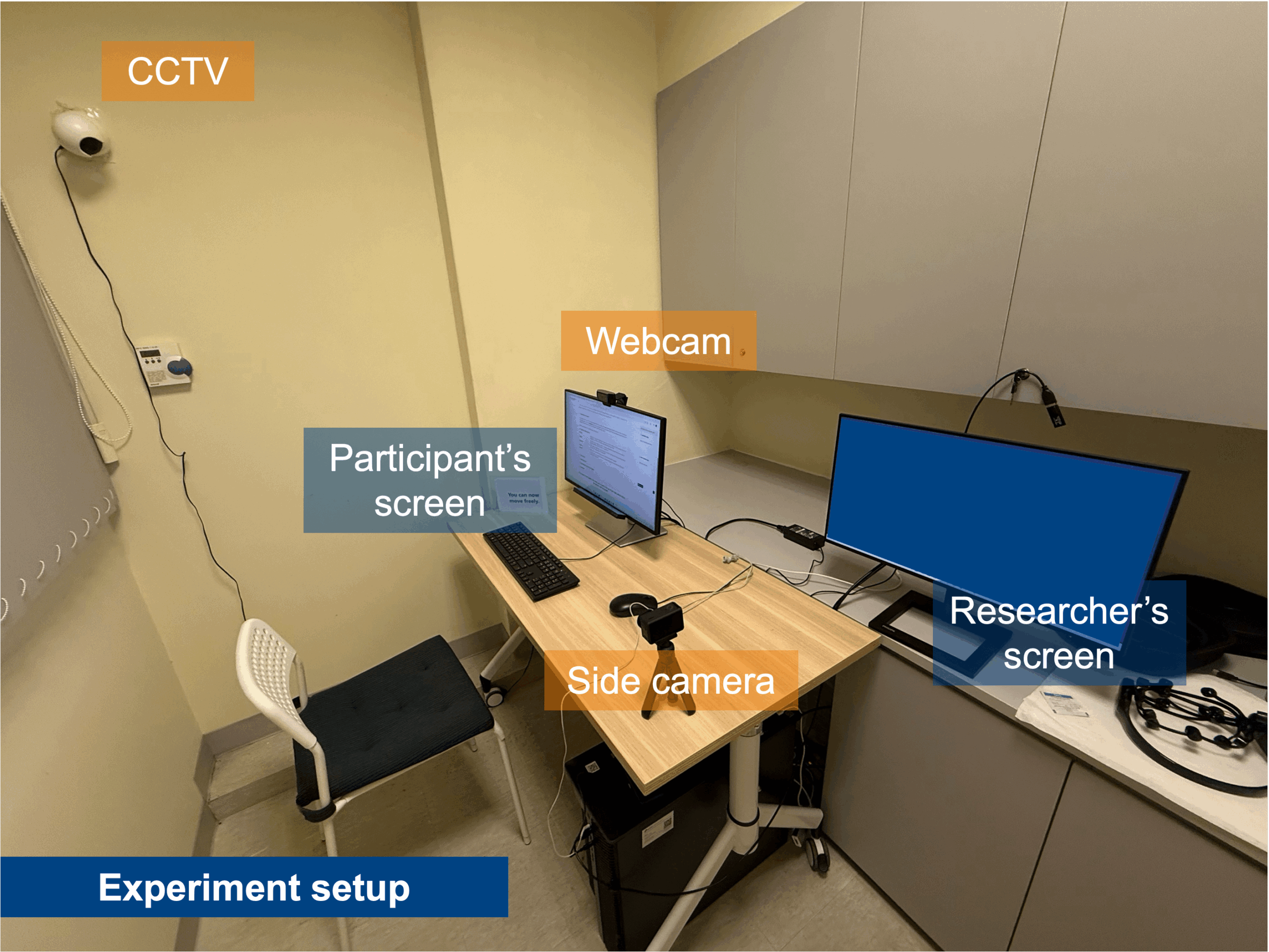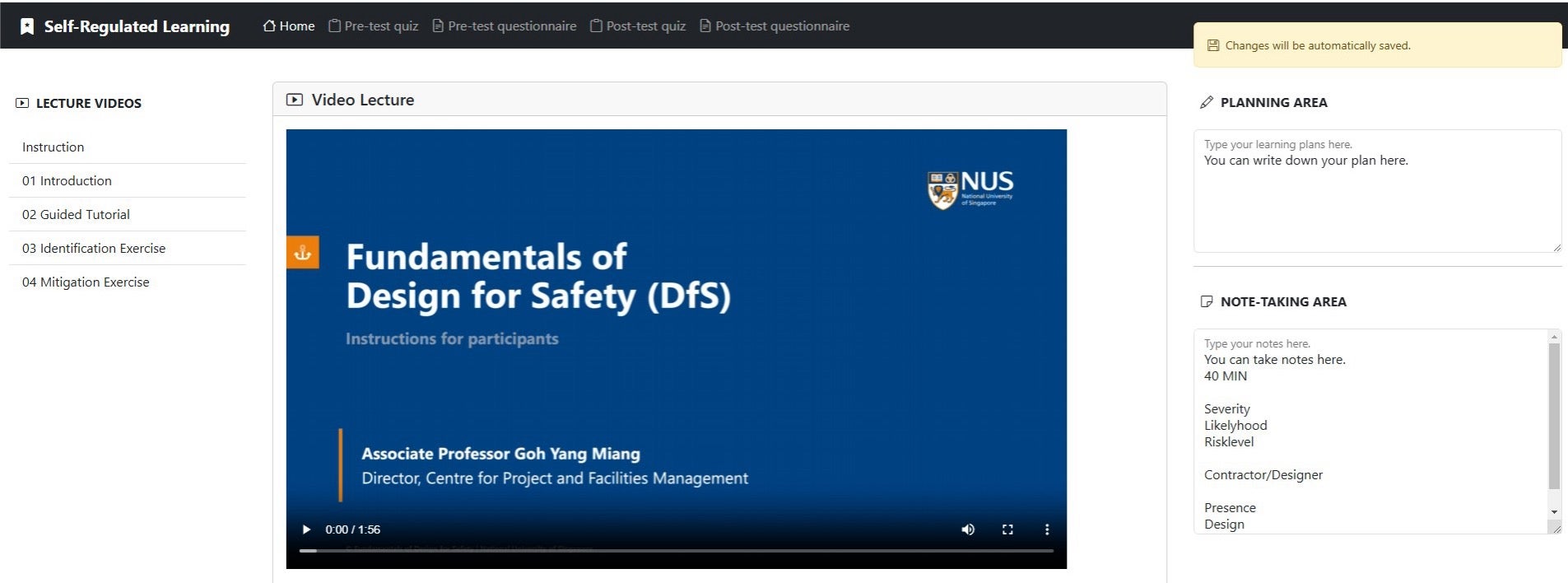Self-Regulated Learning
Explores how self-regulated learning (SRL) strategies, combined with video-based and digital game-based learning, can improve online learning outcomes for construction professionals. By integrating learning analytics and neurophysiological data (EEG), the project aims to design an adaptive model that enhances engagement, learning efficiency, and skill retention.
This study is funded by SkillsFuture Singapore under Workforce Development Applied Research Fund (WDARF) Grant [GA23-02]. The contributions of all participants and organisations who helped with this study are greatly appreciated.
Our learning outcomes
Our approach
Key highlights of this SRL project
Focus on adult learners
Tailored to the unique needs of construction professionals upskilling in a digital learning environment
Evidence-based approach
Combines literature review, pilot studies, and experimental data to develop a robust SRL model
Multi-modal integration
Uses neurophysiological signals, eye-tracking technologies and facial visual cues to better understand cognitive load during learning activities
Experiment setup
Designing for Construction Safety Course
- Learners either go through 40-mins of video- or game-based learning
- The content is the same for both mediums
- Created learning environment to support SRL

The EEG headset that we used in our study

Example of our experiment setup

Example of our video-based learning environment

